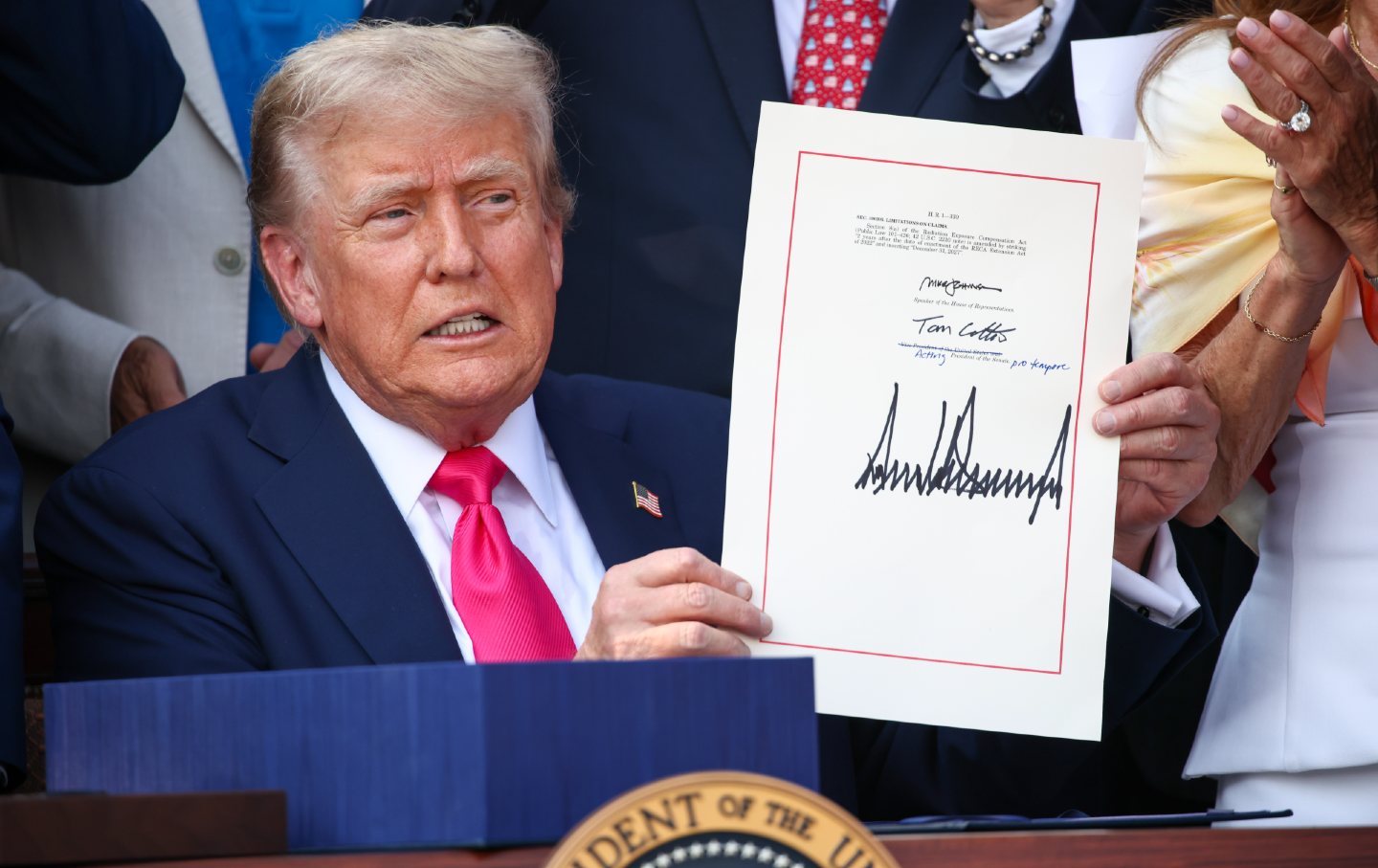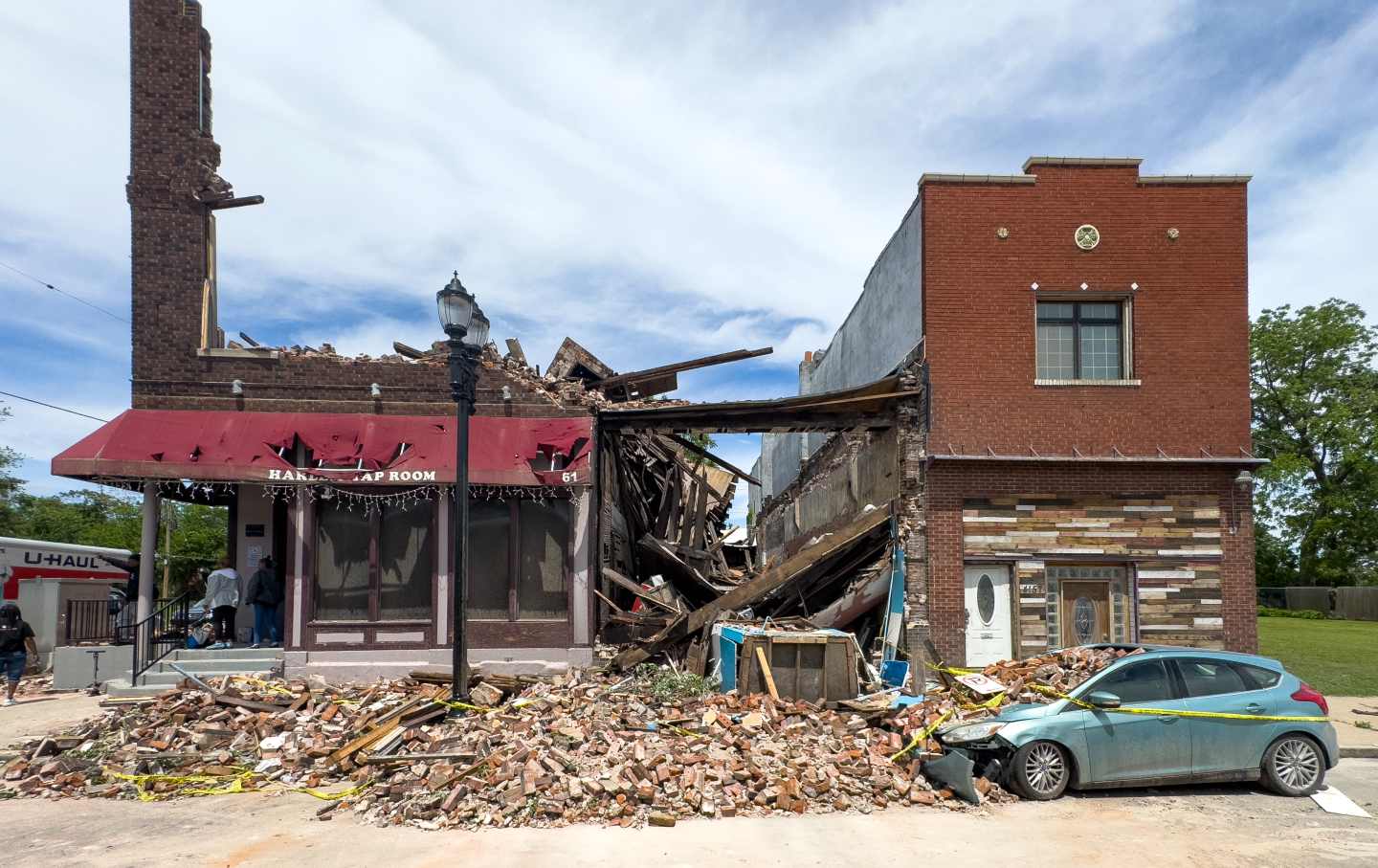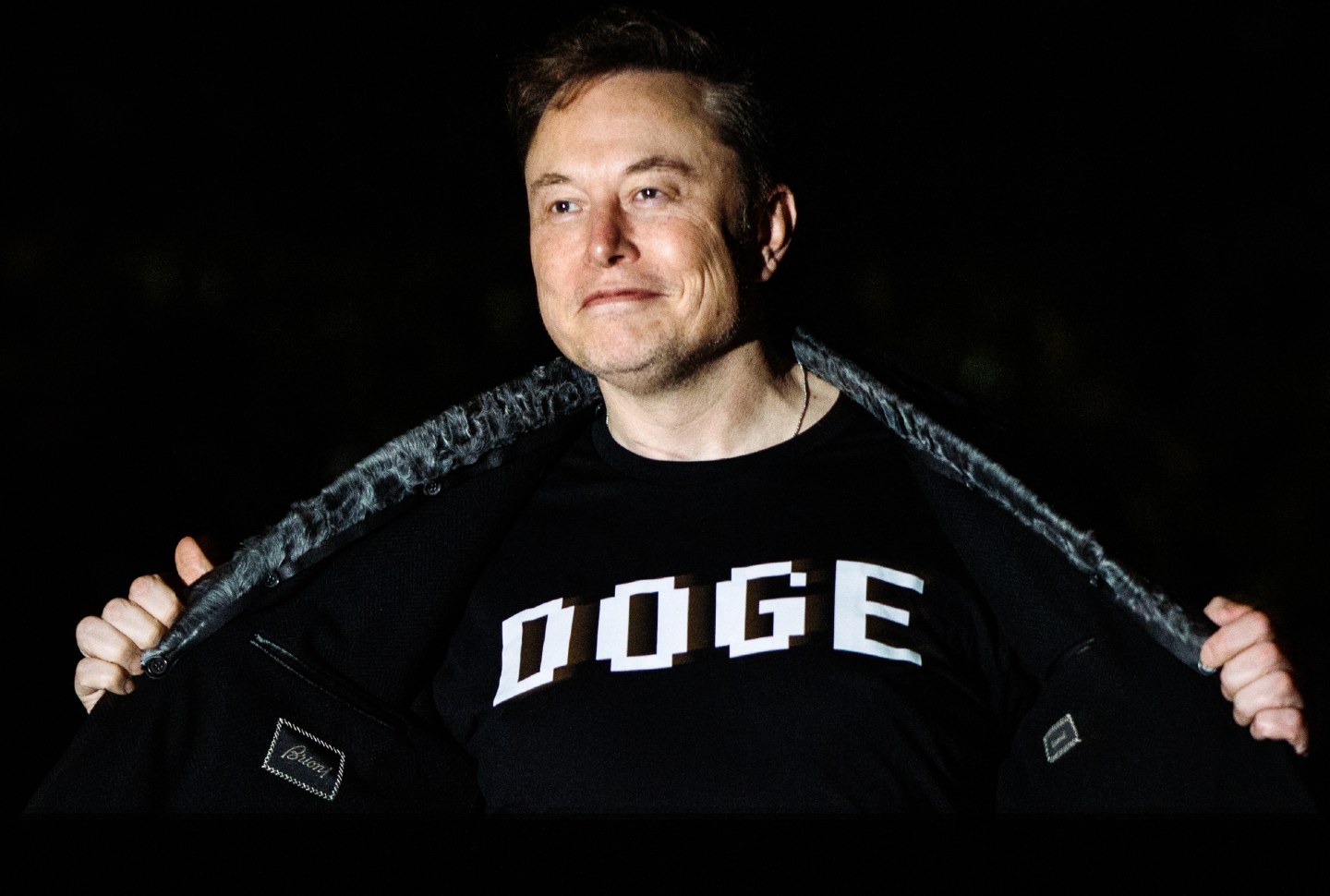America is being hollowed out by an extractive economy.

Trump’s “Big Beautiful Bill” just passed both chambers of Congress. It slashes over $1 trillion from Medicaid and cuts anti-hunger programs by $295 billion, all while delivering tax breaks where 72 percent of all benefits go to the top 20 percent of earners. At least 16 million Americans are projected to lose healthcare coverage.
Meanwhile, the bill allocates $170 billion for immigration enforcement—making ICE’s budget balloon from $10 billion to over $100 billion. That’s more than twice what Israel spends on its entire military during wartime. We’re spending more on chasing gardeners and dishwashers than most nations spend defending their entire nations.
Yet in this entire trillion-dollar reshuffling—all these cuts to healthcare, all this money for deportations, all these tax breaks for the wealthy—there’s not a dime for building anything real. No infrastructure. No manufacturing capacity. No investments in the productive economy that actually creates good jobs. Trump sold himself to working people as the builder, the guy who’d bring back factories and fix the bridges. Instead, he’s running the same extraction scam as every Wall Street hack before him: take from the bottom, give to the top, build nothing. All reaping, no sowing.
Look at America’s own pattern. Our GDP has skyrocketed over decades, and what do we get? Ross Perot running as the billionaire populist. Obama running as the transformational candidate. Bernie’s revolution. And Trump—nominated three times, elected twice. When the establishment fails to deliver real prosperity, Americans turn to whoever promises to blow up the system. When liberals fail, we turn to strongmen.
The pattern repeats globally. Poland recorded the EU’s fastest GDP growth in 2024. Foreign companies used their cheap labor, extracted profits, sent them home. Polish workers got jobs where you make someone else rich while you stay poor. So the Poles reelect the authoritarian Law and Justice Party, accused of undermining democracy. Same in Hungary with Orbán. GDP metrics rise; democracy becomes shakier.
We build economic systems that are fundamentally extractive. They generate impressive GDP numbers by hollowing out the actual productive capacity that makes people’s lives better. Extraction means cities selling water systems, states auctioning toll roads, counties privatizing ambulance services—GDP counts it all as growth. We’re liquidating community infrastructure built over generations, selling it to entities with no stake in the public good.
Simon Kuznets, who invented GDP in 1934, explicitly warned against this—“The welfare of a nation can scarcely be inferred from a measurement of national income”—yet after Bretton Woods in 1944, his warnings were completely ignored as GDP became the global standard.
Somewhere along the way, we decided that people who’d never built a fucking thing with their hands should be in charge of global economic policy. I’m talking about folks who couldn’t figure out how to use a ratchet strap to save their lives. These are the people who looked at American manufacturing in the 1980s and thought, “We don’t need to make better cars than Japan. We’ll just become the distribution and assembly center.” What they didn’t understand—because they’d never actually made anything—is that when you make the mousetraps, you also figure out how to make better mousetraps. Innovation follows production.
Japan shows that another path exists. When their bubble burst in the early 1990s, they could’ve slashed spending and gutted social programs. Instead, Japan launched 15 fiscal stimulus packages between 1990 and 2008, totaling approximately 28 percent of GDP, with public works accounting for about 40 percent. Not financial engineering—actual infrastructure. They preserved their manufacturing base.
The IMF, the World Bank, every financial publication called it a disaster. Wall Street wanted the kind of returns you only get by squeezing working people until they bleed. Japan refused to squeeze. When 2008 hit, they weathered it better than the heavily financialized economies that had been lecturing them for years.
GDP can’t measure the difference between making things and serving people who make things. A nation of home health aides and retail workers—no matter how essential their work—has no leverage against global capital. Real power comes from productive capacity. When you can build the chips, the machines, the infrastructure, you have bargaining power. When you can only serve those who own these things, you’re dependent. GDP treats a dollar earned building chips the same as one earned stocking shelves.
This measurement failure drives policy failure. We optimize for Wall Street metrics—rapid GDP growth, high returns, maximum extraction—instead of building productive capacity, creating good jobs, developing infrastructure that lasts. When that makes most people’s lives worse, they vote for populists who promise to tear it all down. Or worse—they start thinking maybe democracy itself is the problem.
Popular
“swipe left below to view more authors”Swipe →
Curtis Yarvin, Silicon Valley’s court philosopher, openly calls for America to be run by a CEO-monarch. His ideas are taken seriously by Thiel, Vance, Andreessen. These CEOs can’t build planes that fly or chips that compete. When GDP is your only god, democracy becomes expendable.
America’s choosing extraction on steroids. Trump’s Big Beautiful Bill cuts the safety net to juice the numbers. When those 16 million people lose coverage, when families can’t afford food, when rural hospitals close—we may well achieve the kind of “efficiency” that looks good in a Wall Street spreadsheet but devastating in a community.
We keep wondering why democracy is under threat in so many corners of the world. Perhaps it’s because we’ve created a Western economic system that works well for those who own assets and poorly for those who work for a living. Real freedom requires real production—workers who build things have leverage; workers reduced to servants don’t. Poland’s workers couldn’t fight extraction because they’d been reduced to cheap labor. Japan’s workers maintained power because they still build things that matter.
GDP is a false god. Time to find a better religion.
More from The Nation

While weapons contractors will gorge on a huge new infusion of cash, military personnel, past and present, are clearly going to be neglected.
William D. Hartung

Zohran Mamdani’s mayoral platform is a practical blueprint to tackle some of New York City’s most pressing problems.
Various Contributors

An abrupt Labor Department order to shutter 99 Job Corps campuses across the country is devastating for at-risk trainees and local economies.
Deb Vanasse

St. Louis can either use the disaster as an opportunity to commit to the safety of all its residents, or it can continue a barbaric cycle of neglect.
Devin Thomas O’Shea

The second Trump administration has been compared to the Mafia, feudal empires, and the petro-states of the Persian Gulf—but an even more relevant analogy may be Nutrilite.
Bridget Read



